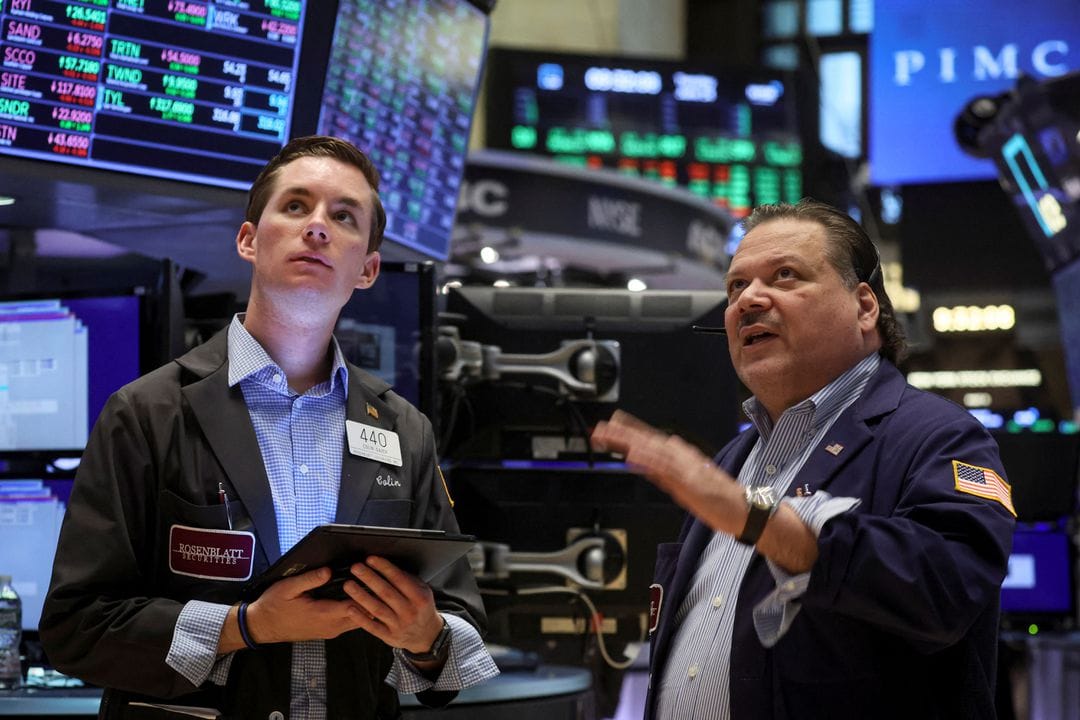
Stock indexes in the United States fell on Thursday, with high-profile tech stocks leading the way, after the Federal Reserve raised interest rates for the first time since 1994 to combat decades of high inflation, fueling fears of a recession.
The selloff was severe because the Fed’s aggressive move raised concerns about a wave of monetary tightening from global central banks, which could slow global growth. Following the Fed’s 75-basis-point rate hike on Wednesday, Switzerland and the United Kingdom raised interest rates.
Apple Inc, Microsoft Corp, and Tesla Inc were among the biggest losers among the mega-caps, as investors dumped so-called growth stocks, which had driven much of the stock-market rally in the previous two years.
‘The selloff is entirely related to the shift in central bank policy – there are renewed concerns of a synchronised global slowdown because central banks around the world are more hawkish than expected,’ said Ross Mayfield, investment strategy analyst at Baird in Louisville, Kentucky.
‘The Fed and other central banks are deliberately engineering a slowdown, and the odds of achieving the soft landing they seek become increasingly bleak.’ Following the Fed’s decision, Wells Fargo said the chances of a recession have increased to more than 50%. Deutsche Bank and Morgan Stanley are two other banks that have issued warnings about rising recession risks.
The benchmark index has fallen 22.9 percent year to date and is in a bear market, while the Nasdaq Composite and S&P 500 indexes were set to fall for the 10th week in a row.

Post Your Comments